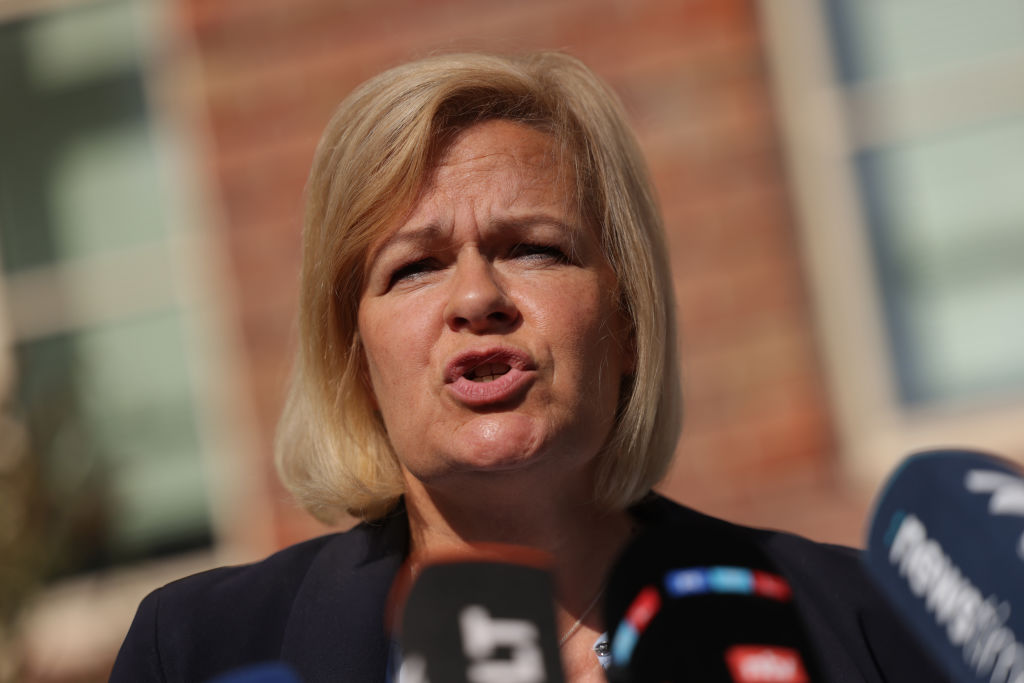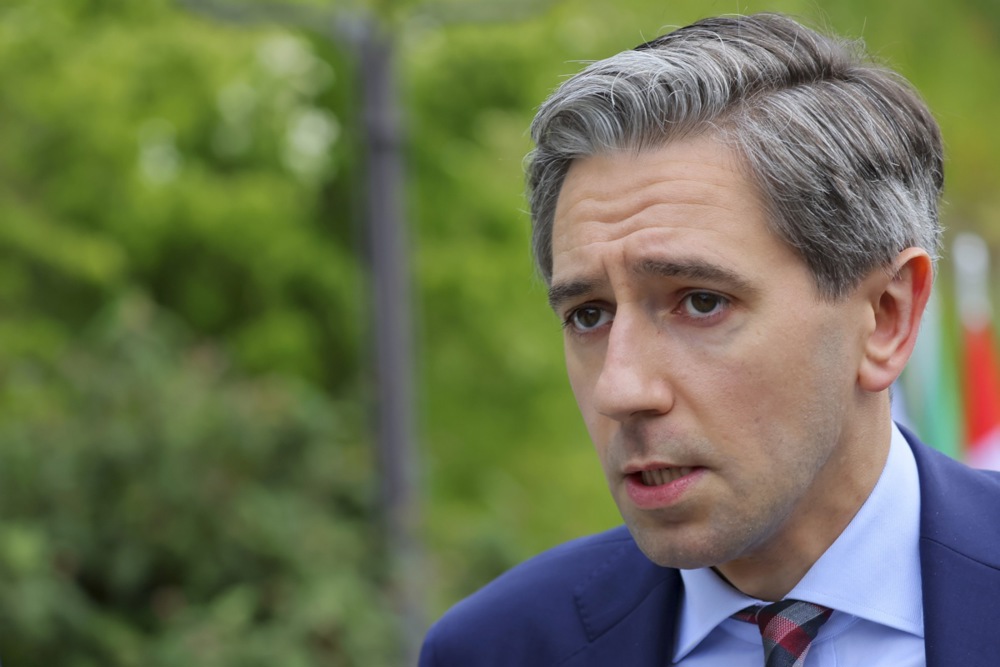Ireland has announced a swathe of online speech controls that will be applicable across the European Union as a result of the bloc’s Audiovisual Media Services Directive.
Unveiled on October 21, the Online Safety Code — a document drawn up by the country’s Coimisiún na Meán media regulator — applies across the EU for platforms that have their bloc headquarters based in the country. That list includes X, Facebook, Instagram, YouTube, TikTok, LinkedIn, Reddit and several others.
Under the edict — which does not need to be voted upon by the country’s parliament — social media platforms will be legally required to restrict user-generated and commercial content considered to incite “hatred”, even in situations where such content is not illegal under Irish or EU law.
Restrictions are stricter for platforms that allow the sharing of video, with Coimisiún na Meán requiring that all such sites include within their terms of service a prohibition on uploading “restricted video content” as defined by the code.
That includes any and all “video content containing incitement to violence or hatred directed against a group of persons or a member of a group based on any of the grounds referred to in Article 21 of the Charter of Fundamental Rights of the European Union, namely sex, race, colour, ethnic or social origin, genetic features, language, religion or belief, political or any other opinion, membership of a national minority, property, birth, disability, age, sexual orientation”.
Platforms that fail to obey the new rules, once they come into force, risk fines of up to €20 million or 10 per cent of their global annual turnover, whichever is higher.
Coimisiún na Meán clarified that the new rules would start coming into effect in November, with a full implementation set to be in force by mid-2025. It added that the rules would be enforced alongside the EU’s Digital Services Act.
COMMENT: The USA has the First Amendment, the EU has @ElonMusk. Is he up for the fight against the draconian Digital Services Act? asks Karl Pfefferkorn. https://t.co/BrrVTLCuDb
— Brussels Signal (@brusselssignal) September 3, 2024
Justifying the new code, Coimisiún na Meán insisted that the new rules were made necessary in part by the EU Audiovisual Media Services Directive 2018.
It also said that so-called “disinformation” is not covered by the new code, but that the body “can make a proposal to the [Irish media minister] that a particular type of content should be added to the categories of harmful content included” to the legal act empowering the body.
That minister, the Green Party’s Catherine Martin, has expressed contentment at the announced crackdown on online speech, describing it as “a major step forward in online safety”.
“It introduces real accountability for online video sharing platforms and requires them to take action to protect those that use their platforms, including by having robust complaints handling procedures and introducing effective age-verification,” she said.
“It will make all of us, but particularly our children, safer online.”
The restrictions have been implemented despite the axing of the country’s anti-hate speech proposals earlier this month.
Minister for Justice Helen McEntee had initially planned to include wide-ranging criminal prohibitions on various types of “hateful” speech in her Incitement to Violence or Hatred and Hate Offences bill, but the legislation was truncated to remove reference to speech as a result of national and international backlash.
McEntee has expressed interest in trying to pass a new hate speech bill after the country’s general election next month.
The Irish Government has announced it will drop its highly controversial plans to introduce new prohibitions on so-called “hate speech”. https://t.co/B5i2FjdWTG
— Brussels Signal (@brusselssignal) September 24, 2024





